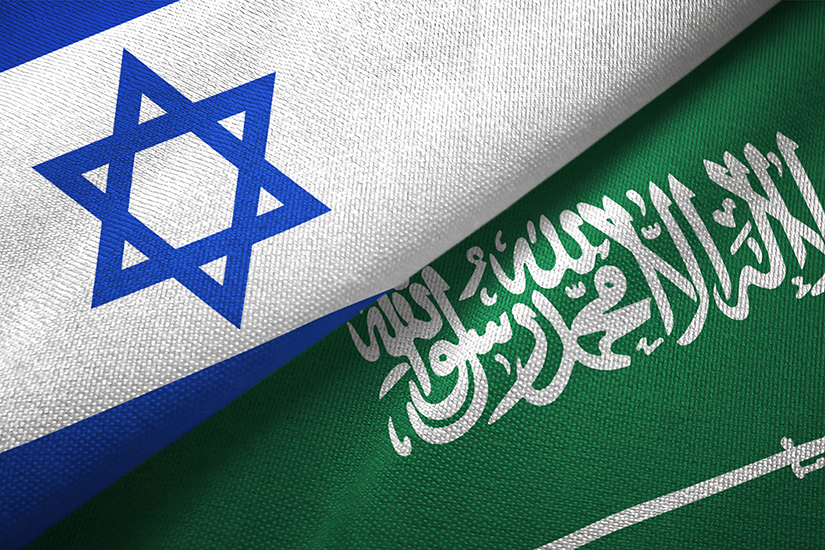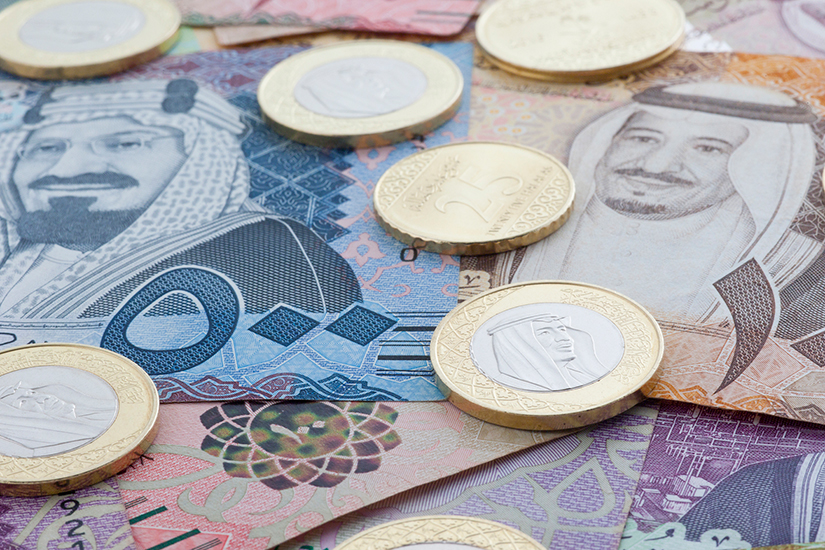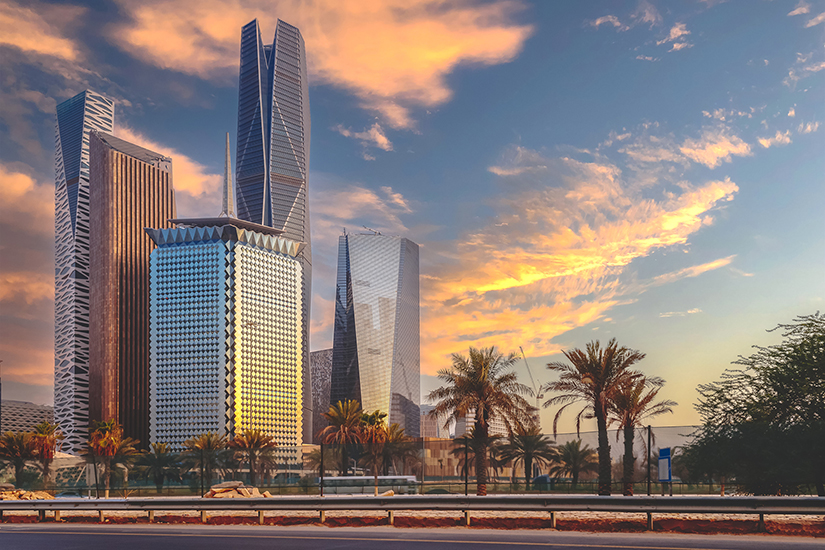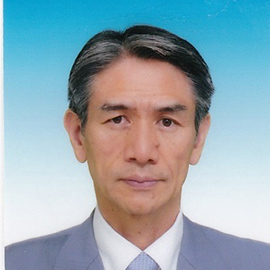Saudi Arabia has been actively expanding its regional role over the past year. It hosted the first summit of the Gulf Cooperation Council (GCC) with China in December 2022 and agreed in March 2023 to resume diplomatic relations with Iran in a deal brokered by Beijing. At the Arab League summit in May, it paved the way for Syria’s reinstatement as a member after an 11-year-long isolation, and in July it hosted the first summit-level meeting of the GCC and five Central Asian countries. It is also reportedly working with the US Biden administration on an arrangement that would lead to the normalization of diplomatic ties with Israel.[1]
Since August, it has been boosting its international presence as well, announcing on August 3 that it would continue to voluntarily cut crude oil production by 1 million barrels per day through September—a measure first implemented in July—in an effort to prop up oil prices. On August 5 and 6, Saudi Arabia hosted peace talks on Ukraine in Jeddah, again inviting President Volodymyr Zelenskyy as it had to the Arab League summit in May, and demonstrating its eagerness to mediate an end to the war with Russia.[2]
This article will examine the impact these regional and global diplomatic initiatives will have on international affairs. Specifically, I will focus on how a potential normalization deal with Israel and the Ukraine peace talks could alter interstate relations, both in the region and globally, and how these developments could affect US and Chinese policy toward the Middle East.
US Involvement in Saudi-Israeli Normalization
Saudi Arabia’s regional diplomatic overtures have prompted Washington to seek closer engagement with Riyadh. National Security Advisor Jake Sullivan visited the country and met with Crown Prince Mohammed bin Salman in May and July 2023, as did Secretary of State Antony Blinken in June. Such talks resulted in the July 27 agreement on the broad outlines of the conditions for Saudi recognition of Israel, namely, (1) stronger US security guarantees, (2) US support for a civilian nuclear energy program, and (3) Israeli concessions regarding Palestine.[3]

Meeting the first two conditions will require US congressional approval, and the third will need to be discussed with and endorsed by not only Israel but also the people of Palestine. None will be easy to achieve, but the third condition—likely to be based on the Arab Peace Initiative adopted at the Arab summit in March 2002—will be especially difficult. This Saudi-inspired initiative calls for the establishment of a sovereign and independent Palestinian state, an idea that the current Israeli government, which is in coalition with far-right parties, is bound to reject. The only concession Israel can be expected to offer is to maintain its willingness to consider the possibility of a Palestinian state.
But this could be enough for Crown Prince Mohammed if, by recognizing Israel, Riyadh could get Washington to support a civilian nuclear energy program, sell advanced military equipment, and even sign a bilateral security treaty. This could also open new paths to cooperation with Israel on industrial development, similar to what the United Arab Emirates and Bahrain achieved following the 2020 signing of the Abraham Accords normalizing diplomatic ties with Israel.[4] The benefits for the United Staes would be an upgrading of its strategic partnership with Saudi Arabia in the security domain as well as a deepening of economic ties in such areas as energy, finance, and the defense industry. Should the Saudis abandon the Arab Peace Initiative and join the Abraham Accords, though, prospects of statehood for the Palestinian people would fade, and the divide between pro- and anti-Israel camps in the Middle East would only widen.
China Attends Saudi-Sponsored Ukraine Peace Talks
Saudi Arabia has continued to deepen its engagement in the Ukrainian conflict in 2023. Foreign Minister Faisal bin Farhan promised economic aid to Ukraine during his visit to the country in February, and President Zelenskyy was invited to the Arab League summit in Jeddah in May, where he was given the opportunity to outline Ukraine’s 10-point peace plan. Summit host Crown Prince Mohammed sought to portray himself as a political leader committed to peace by stating his readiness to serve as a mediator to the conflict.

The Ukraine peace talks in August was an outgrowth of the initiative in May. Held in Jeddah, it was a follow-up to the 15-nation talks in Denmark in June and attracted some 40 countries, not just from the industrial West but also from the BRICS grouping (excluding Russia) and other members of the Global South. While no declaration was issued, Andriy Yermak, the Ukrainian head of staff, described the meeting as “an extremely honest, open conversation,” adding, “We had very productive consultations on the key principles on which a just and lasting peace should be built.”[5]
The talks were also noteworthy for including a delegation from China, which maintains close, strategic ties with Russia and whose participation was welcomed by Ukraine. After the meeting, Li Hui, the Chinese special representative on Eurasian affairs, issued a statement saying that he “had extensive contact and communication with all parties on the political settlement of the Ukraine crisis . . . and further consolidated international consensus.”[6] China announced its own peace plan in February 2023 and has expressed its eagerness for a political solution. The United States, meanwhile, noted that while it is “not looking at these talks as generating any concrete deliverables,” the meeting was “a chance for a number of countries around the world” to hear directly from Ukraine “about the horrors their country has suffered at the hands of Russian aggression.”[7]
For Ukraine and NATO, Ukraine’s territorial integrity and the withdrawal of Russian troops are nonnegotiable. But when a peace conference is attended by countries with divergent positions, reaching a consensus and issuing a joint declaration will be difficult. The fact that NATO and the Global South agreed to continue the peace process, though, has resulted in the creation of a de facto platform where NATO and the Global South can express their views on ways to achieve peace in line with realities on the ground.
US-China Tug-of-War
Crown Prince Mohammed has long been criticized in the United States and Europe for his human rights record, but his recent diplomatic initiatives have begun to earn him recognition as a key political leader in the Middle East. He has deepened relations with China in trade, 5G digital communications technology, and finance, agreeing to consider the use of the renminbi as a settlement currency for crude oil transactions. He has won praise for inviting China and other Global South countries to the Saudi-hosted Ukraine peace talks.
Saudi Arabia has also played a role in boosting the status of BRICS, which held a summit in Johannesburg, South Africa, from August 22, where six new members, including Saudi Arabia, were announced on August 24. China has been keen to strengthen its economic ties in the fields of energy, finance, and trade with the BRICS countries and also with the Shanghai Cooperation Organization. It is quite noteworthy, therefore, that oil producers like Saudi Arabia, the UAE, and Iran, as well as Egypt—which owns the Suez Canal—will be joining BRICS at the same time.[8]
The Biden administration’s mediation efforts toward Saudi-Israeli normalization, meanwhile, can be seen as an attempt to bolster America’s security presence in the Middle East by exploiting Riyadh’s view of Iran as a threat. Washington does not want to see Beijing’s growing involvement in the region go unchecked. The tug-of-war with China promising economic benefits and the US offering security guarantees will no doubt be a boon for Saudi Arabia and other Middle East countries. That said, China’s strategy of promoting the pragmatic interests of the Global South is likely to have greater appeal for the region.

(2023/10/16)
Notes
- 1 Dion Nissenbaum, “Saudis Agree with U.S. on Path to Normalize Kingdom’s Ties with Israel,” The Wall Street Journal, August 9, 2023.
- 2 See my June 16, 2023, article on this website (in Japanese).
- 3 Dion Nissenbaum, note 1. Responding to the WSJ report, John Kirby, the National Security Council’s coordinator for strategic communications, noted, though, “There’s still a lot of conversations that have to occur before we get there. . . . There is no agreed to set of negotiations, there’s no agreed-to framework to codify normalization.” Reuters, “White House: No Framework Agreed Yet for an Israel-Saudi Deal,” August 10, 2023.
- 4 The UAE and Bahrain have reaped economic benefits after normalizing their ties with Israel under the Abraham Accords, mediated by the Trump administration in 2020. See, for example, Kenichiro Takao, “UAE Baharen: Aburahamu Goi nishunen o mukaeta doko” (Trends in the UAE and Bahrain on the Two-Year Anniversary of the Abraham Accords), in Chuto Chosakai, Chuto Kawaraban, no. 87, September 15, 2022.
- 5 Abdulhadi Habtor, “Ukrainian Presidency: Jeddah Peace Consultations Were Very Productive,” Asharq Al-Awsat, August 7, 2023.
- 6 Russia, which was not invited to the talks, slammed the meeting as “doomed to fail.” Russian Deputy Foreign Minister Sergei Ryabkov noted, however, that the participation of BRICS countries was potentially useful, as they may “convey common sense to the Western patrons of Kyiv.” Nadeen Ebrahim, “China Praises Ukraine Talks in Saudi that Russia Said Were ‘doomed to fail,’” CNN, August 7, 2023.
- 7 As told to reporters by State Department spokesperson Matthew Miller. Alexander Smith and Larissa Gao, “China Reassures Russia It’s Still Impartial after Ukraine War Talks in Saudi Arabia,” NBC News, August 8, 2023.
- 8 At the leaders’ summit in Johannesburg, Xi noted, “This expansion meets the expectations of the international community and serves the common interests of emerging markets and developing countries.” Ethan Wang and Liz Lee, “Expansion Will Bring New Vitality to BRICS: China’s Xi,” Reuters, August 24, 2023. The other two countries that were invited to join the group are Ethiopia and Argentina. The six countries are expected to become BRICS members on January 1, 2024.

